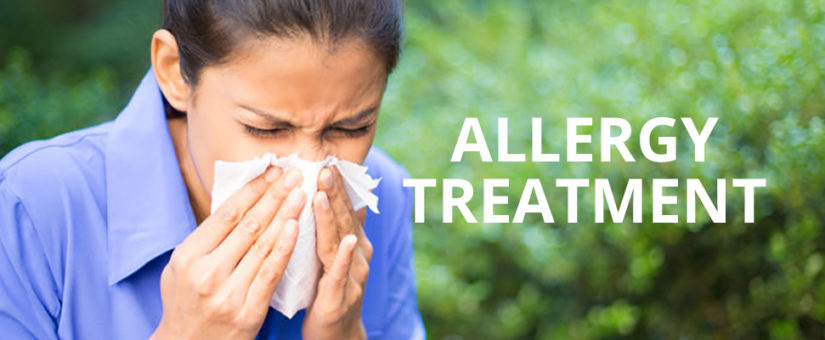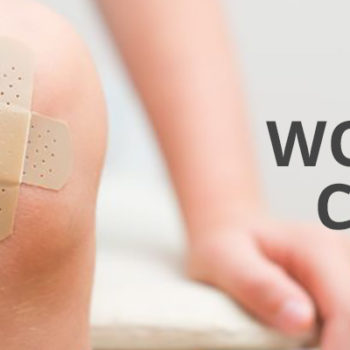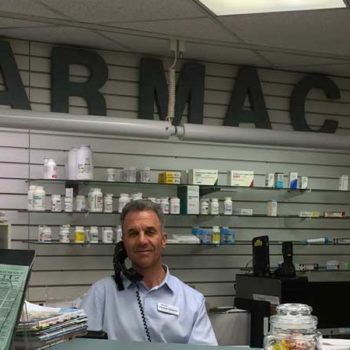
Allergies – Prevention & Treatment
- allergy, runny nose
For Your Health…
Tips for the prevention and treatment of allergies
ALLERGIC RHINITIS
Symptoms Include: Eye; swelling, itching and tearing. Nasal; itching, sneezing, congestion, stuffiness, runniness, post nasal drip.
May Lead To: mouth breathing, snoring, sniffing, nose blowing, throat clearing, a permanent “cold”.
Which May Cause: sleep disturbances, irritability, lethargy, embarrassment, inattentiveness, and poor school and on-the-job performance.
CONTEMPORARY MANAGEMENT
- Establish correct diagnosis – Must differentiate from nonallergic rhinitis. Examples include:
Bacterial ( nasal discharge green yellow or cloudy, fever, lack of itching, antihistamines do not work)
Sinusitis ( headache, facial pain, bad taste, reduced sense of smell, facial swelling, sore throat, cough)
Vasomotor ( no itch, hyperresponsiveness to smells, chemicals, tobacco smoke, cold air and humidity)
Medicamentosa (rebound congestion from topical decongestants)
Hormonal (usually associated with pregnancy)
Gustatory ( from hot/spicy foods).
- Environmental control measures
- Reduce exposure to offenders- pollen, dust mites, dander, mold, trees, grasses, weeds, and fungi.
- Keep windows shut and air condition filters clean
- Clean house (regular dusting and vacuuming)
- Wash bedding frequently
- Purchase non-permiable pillow and mattress covers to prevent offenders from camping out
- Remove wall-to-wall carpeting
- Clean area rugs regularly, also kill offenders by putting rug in sun, freezing temperature or in clothes dryer for 20 minutes
- Keep home cool (less than 70 degrees) and dry (under 55% relative humidity)- purchase “high efficiency particulate air” (HEAP) cleaning machines
- Prescription and Non-prescription Medication
Antihistamines and Cromolyn – inhibit the release of chemical mediators in the body that play a role in producing signs and symptoms of allergy
Decongestants – help to reduce nasal obstruction and stuffiness
Anti inflammatants – prevent inflammation of mucous membranes
Saline nose sprays – flush mucous membranes of offenders
Expectorants – loosen congested mucous membranes
Corticosteriods – inhibit the inflammatory process at several points: vasodilatation, edema (swelling) formation, mucous gland activity, and infiltration of inflammatory cells
Anticholinergics – reduce glandular secretions
If a higher level of wellness is a personal goal of yours, but you are in need of some external guidance and motivation, contact your neighborhood Pharmacist / Nutritionist / Fitness Professionals at Carnegie-Sargent’s Pharmacy and Health Center. (312) 280-1220. Remember health promotion begins with you!

Ask Your Pharmacist – Have a question for us? Give us a call or stop in for a private consultation. If you’d prefer, send a message below and it may end up in a future Ask the Pharmacist article.
– Mark Paley, Registered Pharmacist/Director


